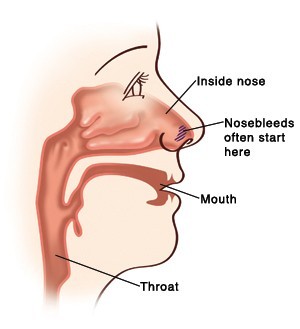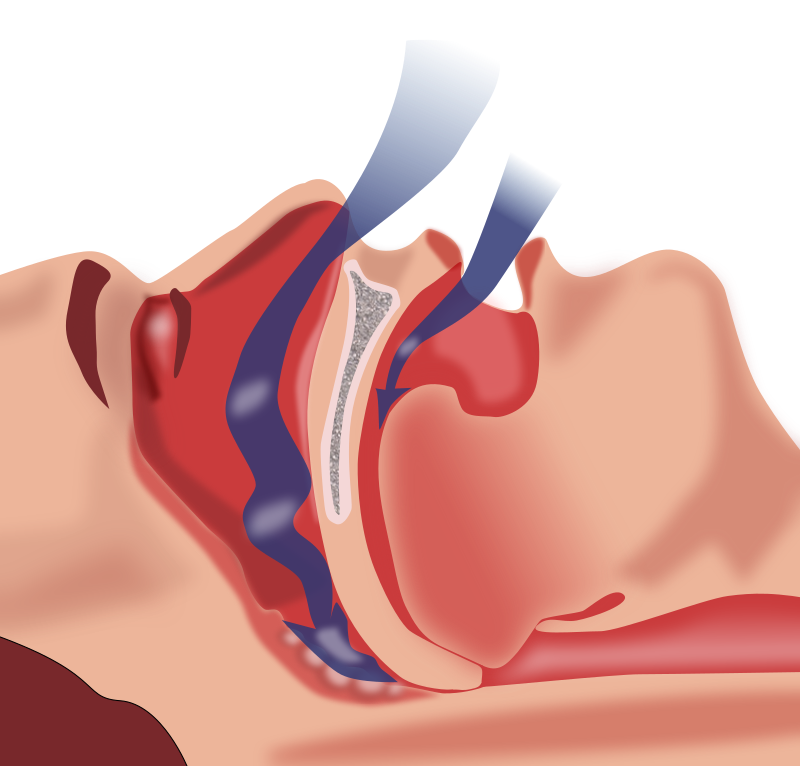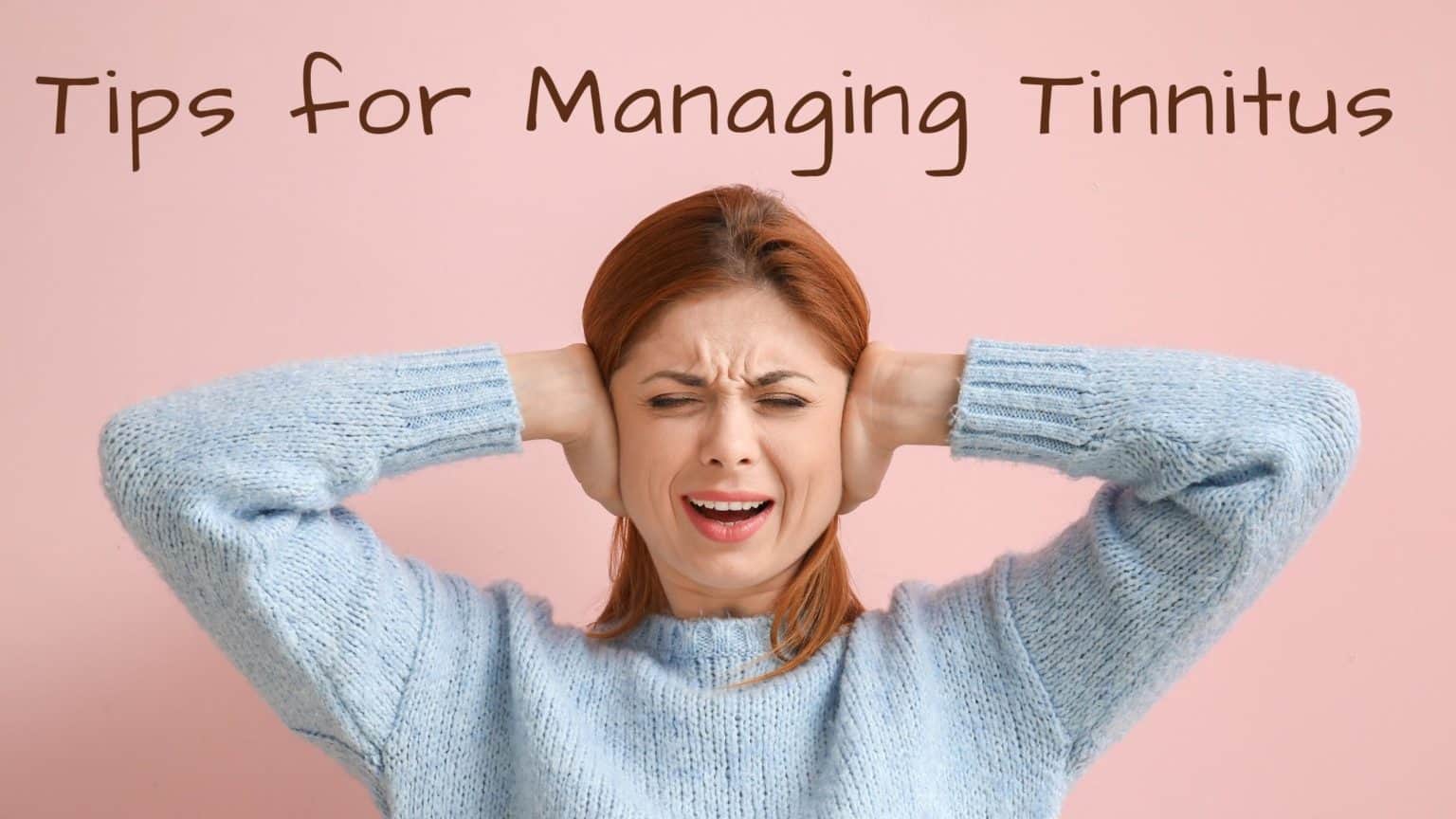
Nosebleeds, medically termed epistaxis, can be a common occurrence, especially in dry climates or during cold and flu season. While most nosebleeds are minor and resolve on their own, there are instances where they could indicate a more serious underlying issue. Understanding when to worry about nosebleeds is crucial for ensuring proper care and prompt medical attention .Nosebleeds, though often benign, can sometimes signal an underlying health concern. Knowing when to seek medical attention can alleviate anxiety and ensure timely treatment. In this comprehensive guide, we'll delve into the various causes of nosebleeds, red flags to watch out for, and practical steps to manage and prevent them effectively.
Nosebleeds, medically termed epistaxis, can be a common occurrence, especially in dry climates or during cold and flu season. While most nosebleeds are minor and resolve on their own, there are instances where they could indicate a more serious underlying issue. Understanding when to worry about nosebleeds is crucial for ensuring proper care and prompt medical attention .Nosebleeds, though often benign, can sometimes signal an underlying health concern. Knowing when to seek medical attention can alleviate anxiety and ensure timely treatment. In this comprehensive guide, we'll delve into the various causes of nosebleeds, red flags to watch out for, and practical steps to manage and prevent them effectively.
Nosebleeds occur when the delicate blood vessels in the nose rupture and bleed. They can be categorized into two types: anterior and posterior nosebleeds. Anterior nosebleeds, the most common type, originate from the blood vessels in the front part of the nose. Posterior nosebleeds, less frequent but potentially more serious, arise from the blood vessels deeper within the nose.
Nosebleeds can result from various factors, including:
While most nosebleeds are harmless and resolve spontaneously, there are instances where medical evaluation is warranted. Red flags indicating a need for medical attention include:
While nosebleeds are often harmless and can be managed at home with simple first aid measures, it's essential to recognize when they may indicate a more serious underlying issue. By understanding the common causes, red flags, and preventive measures associated with nosebleeds, individuals can take proactive steps to manage them effectively and seek medical attention when necessary.

Snoring, a common nighttime nuisance for many, is often dismissed as a mere annoyance. However, its impact on health and quality of life can be significant.Snoring is the result of vibrations in the throat and nasal passages during sleep, caused by obstructed airflow. It affects individuals of all ages and genders, although it tends to be more prevalent in certain demographics. While occasional snoring may not be cause for concern, persistent and loud snoring can indicate underlying issues.Understanding the anatomy of the throat and nasal passages is crucial in comprehending the causes of snoring. Factors such as obesity, alcohol consumption, smoking, allergies, and nasal congestion can contribute to snoring by narrowing the airways.Snoring is not merely a disruptive noise; it can also signal potentially serious health risks. One such risk is sleep apnea, a condition characterized by pauses in breathing during sleep. Untreated sleep apnea can lead to hypertension, heart disease, stroke, and other cardiovascular complications.Several lifestyle changes and home remedies can help alleviate snoring. These include maintaining a healthy weight, sleeping on one's side, avoiding alcohol before bedtime, using nasal strips or dilators, and ensuring adequate humidity in the bedroom with the help of humidifiers.
For individuals with severe or persistent snoring, medical interventions may be necessary. Continuous Positive Airway Pressure (CPAP) machines, oral appliances, and surgical procedures such as uvulopalatopharyngoplasty (UPPP) are among the treatment options available.
Preventing Snoring in Children:Snoring is not exclusive to adults; it can also affect children. Identifying and addressing the underlying causes, such as enlarged tonsils or adenoids, allergies, or obesity, can help prevent snoring and promote better sleep in children.
Persistent snoring, especially when accompanied by other symptoms such as excessive daytime sleepiness or gasping for breath during sleep, warrants medical attention. These could be signs of obstructive sleep apnea, a potentially life-threatening condition if left untreated.
Impact of Snoring on Relationships:Snoring can strain relationships, particularly when it disrupts a partner's sleep. Open communication, understanding, and seeking solutions together can help mitigate the impact of snoring on relationships.
Snoring and Quality of Life:Beyond its effects on relationships, snoring can also impact an individual's quality of life. Daytime fatigue, irritability, impaired cognitive function, and decreased productivity are among the consequences of poor sleep quality associated with snoring.
Myths and Misconceptions About Snoring:Dispelling common myths and misconceptions about snoring is essential for raising awareness and encouraging individuals to seek appropriate treatment. Snoring is not solely a problem for overweight individuals, nor is it harmless.
The Connection Between Snoring and Sleep Disorders:Understanding the relationship between snoring and sleep disorders is crucial. Snoring is often a symptom of underlying sleep disorders such as obstructive sleep apnea, restless legs syndrome, or narcolepsy, all of which require proper diagnosis and management.The impact of snoring extends beyond sleep disturbances, affecting overall health and well-being. Chronic snoring can lead to increased stress on the cardiovascular system, contributing to hypertension, heart disease, and other health issues.
Making sustainable lifestyle changes and incorporating snoring solutions into one's daily routine is essential for long-term management. Seeking ongoing support from healthcare professionals and utilizing resources available can aid in maintaining progress and improving sleep quality.

Living with tinnitus can be challenging, as the persistent ringing or buzzing in the ears can significantly impact one's quality of life. While there's no one-size-fits-all solution, finding the best medicine for tinnitus can offer much-needed relief. In this comprehensive guide, we'll explore various treatment options and lifestyle changes that can help alleviate symptoms and improve overall well-being.
Tinnitus is a condition characterized by the perception of noise or ringing in the ears without any external sound source. It can manifest as buzzing, hissing, whistling, or roaring sounds and may be intermittent or constant. While the exact cause of tinnitus varies, it's often associated with exposure to loud noise, age-related hearing loss, ear infections, or underlying health conditions.
Tinnitus can be classified into two main types: subjective and objective.
Subjective tinnitus is the most common type, where only the person experiencing it can hear the noise.
Objective tinnitus, on the other hand, is rare and can be heard by both the affected individual and a healthcare professional using a specialized instrument.
Living with tinnitus can have a significant impact on various aspects of life, including sleep, concentration, and emotional well-being. Many individuals with tinnitus report feelings of frustration, anxiety, and even depression due to the constant noise they perceive.
While finding the best medicine for tinnitus may require a combination of medical treatments, lifestyle changes, and home remedies, it's essential to approach treatment holistically. By working closely with healthcare professionals and incorporating various strategies into your daily routine, you can effectively manage tinnitus symptoms and improve your overall quality of life.
Stress can contribute to elevated blood pressure, which may increase the likelihood of nosebleeds in susceptible individuals.
Hormonal changes and increased blood flow during pregnancy can make women more prone to nosebleeds, though they are generally harmless.
While occasional nosebleeds are common in children and often benign, frequent or severe nosebleeds may warrant evaluation by a pediatrician.
Yes, allergies that cause nasal congestion and inflammation can irritate the nasal passages and lead to nosebleeds, especially during allergy season.
Using a humidifier indoors, applying saline nasal spray, and staying hydrated can help prevent nosebleeds in dry climates.
While there's currently no known cure for tinnitus, various treatments can help manage symptoms and improve quality of life.
Some individuals find relief from tinnitus symptoms by incorporating relaxation techniques, dietary changes, and herbal supplements.
Tinnitus is relatively common, affecting millions of people worldwide. It can occur at any age but is more prevalent in older adults.
Yes, stress can exacerbate tinnitus symptoms. Managing stress through relaxation techniques and mindfulness practices may help alleviate symptoms.
In some cases, tinnitus may be a symptom of an underlying health condition, such as hearing loss, ear infections, or cardiovascular disease. It's essential to consult with ENT specialist for a proper diagnosis and treatment.
Tinnitus symptoms can vary in duration and severity. Some individuals may experience temporary tinnitus due to exposure to loud noise or ear infections, while others may have chronic tinnitus that lasts for months or years.